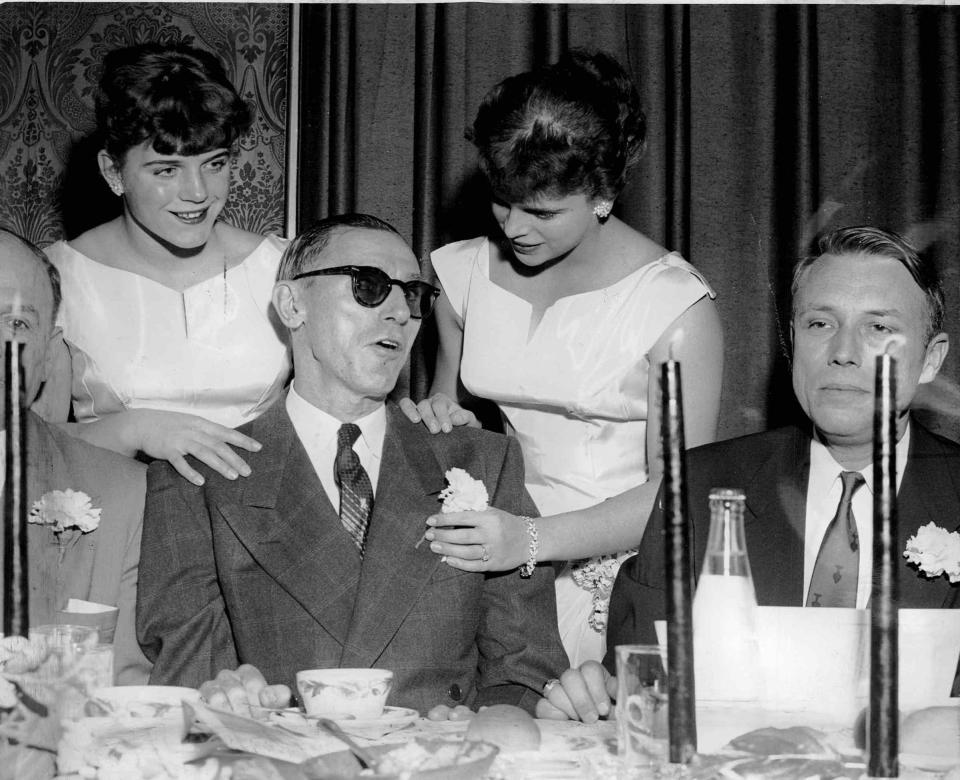Greece NY Olympian did something so revolutionary it stunned the gymnastics world
Her moves were revolutionary, so new and unexpected that no one was quite sure how to react.
Gymnasts had been relatively stationary when competing on the uneven bars, with routines consisting of simple circles and balancing holds. But at the 1966 World Championships, Doris Fuchs flew from bar to bar, making quick turns, spinning rapidly and dismounting with a graceful flourish. It was unlike anything the world had ever seen.
The crowd exploded with applause. The judges, however, weren’t quite sure what to make of what they had just witnessed. They gave her low scores and Fuchs left without a medal. The Associated Press reported that in response, fans stomped, hooted and booed for more than an hour.

“I though I deserved more than I got,” Fuchs told a reporter, and at least one of the judges agreed: “I was considering giving her a perfect score. She was fantastic.”
While the magnitude of Fuchs’ performance was not recognized at the time, her performance has come to be seen as a turning point in the sport. Inside Gymnastics magazine ranked it atop a list of 10 routines that changed gymnastics forever.
Fuchs was just 18 when she competed at the 1956 Olympic games in Melbourne, and she was also a member of the 1960 women’s team in Rome. It was there that she was photographed for the cover of Life magazine, doing handstands with a teammate among the statues outside the Stadio dei Marmi.
She was an alternate on the 1964 Olympic team, a controversial decision that prompted formal protests from her teammates. Although Fuchs had higher qualifying scores, the U.S. coach elected to drop her in favor of a younger gymnast who had trained with him during the offseason. The replacement gymnast and the U.S. team performed poorly at the Tokyo Games, and the coach later apologized publicly for his decision.
A slipped disc kept her from competing with the 1968 Olympic team in Mexico City.
Although Fuchs never won an Olympic medal, she did win gold in all-around, uneven bars, beam, and with the team at the 1963 Pan American Games. She also won gold medals in the National AAU Championships in 1955, 1961, 1964 and 1965.
Fuchs emigrated to the U.S. from Germany in 1951 when she was just 12 years old. She grew up in the town of Greece with her parents and her sister Inge, who was also an Olympic gymnast. Fuchs married her coach, Eckhard Brause, in the mid-1960s and moved with him to Connecticut, where she trained with other top women gymnasts.
She was inducted into the US Gymnastics Hall of Fame in 1982.
This article originally appeared on Rochester Democrat and Chronicle: Doris Fuchs was revolutionary Olympics gymnast from Greece NY

